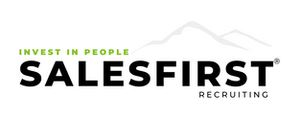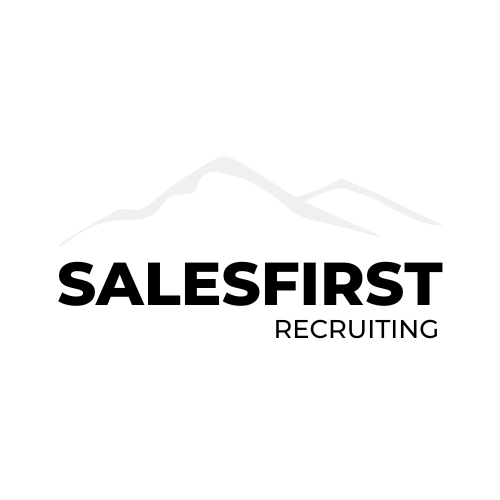How to Prepare for Your First Year in Sales
A Guide for Recent Graduates Entering the Sales World
Graduating from college is a milestone worth celebrating. But stepping into your first full-time sales job is a whole different experience; one that comes with challenges professors may not have prepared you for. The pace is faster. The structure is looser. The expectations are higher. And there’s no syllabus.
If you’re entering sales right out of school, this guide will help you start with clarity about what matters.
School Is Over. The Work Just Got Real.
You no longer have homework, but your days are about to get much more complex. In school, your time was managed for you. Classes had deadlines. Exams had formats. Projects had rubrics. In sales, no one is checking if you studied. But everything is a test, and your commissions are the grades.
This is one of the hardest transitions for new grads. The autonomy sounds exciting, until you realize it means every minute counts. Your results are public. Your calendar is yours to own. There is no finish line at the end of the semester—only the next conversation, the next cold call, the next goal.
And that’s the job. Sales doesn’t reward good intentions. It rewards consistency.
Maximize Every Second of Your Day.
The best reps maximize their day. They learn to organize their calendar, protect their focus, and build routines that give them an edge.
There are thousands of sales books and podcasts out there, and you don’t need to absorb them all. But you do need to start building the habit of learning. Set aside time each week to read, listen, and reflect. Build a shortlist of resources that challenge your thinking and sharpen your skills.
You’ll also need to build a workflow that works for you. Block your prospecting time. Set reminders to follow up. Use a journal or whiteboard, or CRM to track your progress. Learn what times of day you have the most energy and stack your most important work there. You can’t control how every call goes, but you can control how prepared you are when you make it.
Prospecting Is Not a Personality Trait.
One of the biggest myths in sales is that only extroverts succeed. The truth is, prospecting is a learned skill. It requires repetition, practice, and feedback.
Some days you will feel confident. Other days you will struggle to hit send. The key is to remove emotion from the process. Prospecting is about preparation, not personality. You’re not winging it. You’re practicing something hard and building calluses over time.
Keep track of what works. Write down talk tracks and refine them. Role play with peers. Make adjustments when conversations fall flat. Don’t try to sound slick. Instead, learn how to help others. You’ll be taken more seriously if you do that.
Rejection Isn’t Personal. Neither Is Coaching.
You will be told no significantly more than you’ll be told yes. Sometimes politely. Sometimes not.
This is not a reflection of your potential. It’s part of the rhythm. Rejection teaches you how to get better, but only if you’re paying attention.
The same goes for coaching. Early in your career, feedback might sting. It can feel like a spotlight is on your every mistake. But coaching is a gift, and if your manager is giving you time and direction, it means they want to see you grow.
You are not expected to be great at your job right away, but you ARE expected to get better.
Starting from the Bottom Is an Advantage.
There is no shame in entry-level work. It’s the fastest way to learn what matters and what doesn’t.
In your first year, you will likely be the one sending follow-ups, cleaning up CRM records, getting doors shut in your face, and getting hung-up on. This is not punishment. It’s part of the process. Every seasoned leader started with similar tasks.
If you treat this year as your real-world training ground, you’ll earn skills that outlast any one company or job title. Your ability to handle hard days, to stay organized, to ask better questions… that’s where the momentum comes from.
Your Job Doesn’t Define You, But Your Work Ethic Does.
Your first role probably won’t be glamorous. Your quota might feel intimidating. Your conversations might feel awkward at first. But none of that defines you.
What will define you is how you approach the work. Whether you show up fully present. Whether you keep learning. Whether you do what you said you would.
You don’t have to prove everything in year one. You just have to prove you’re committed to hard work and growing. That’s enough.
Take five minutes today to think about what kind of professional you want to become. Don’t worry about the job title or the income. Instead, focus on the kind of professional you want to be. Then ask yourself if your habits are moving you closer to that.
A job won’t define you. But your habits will shape who you become.

